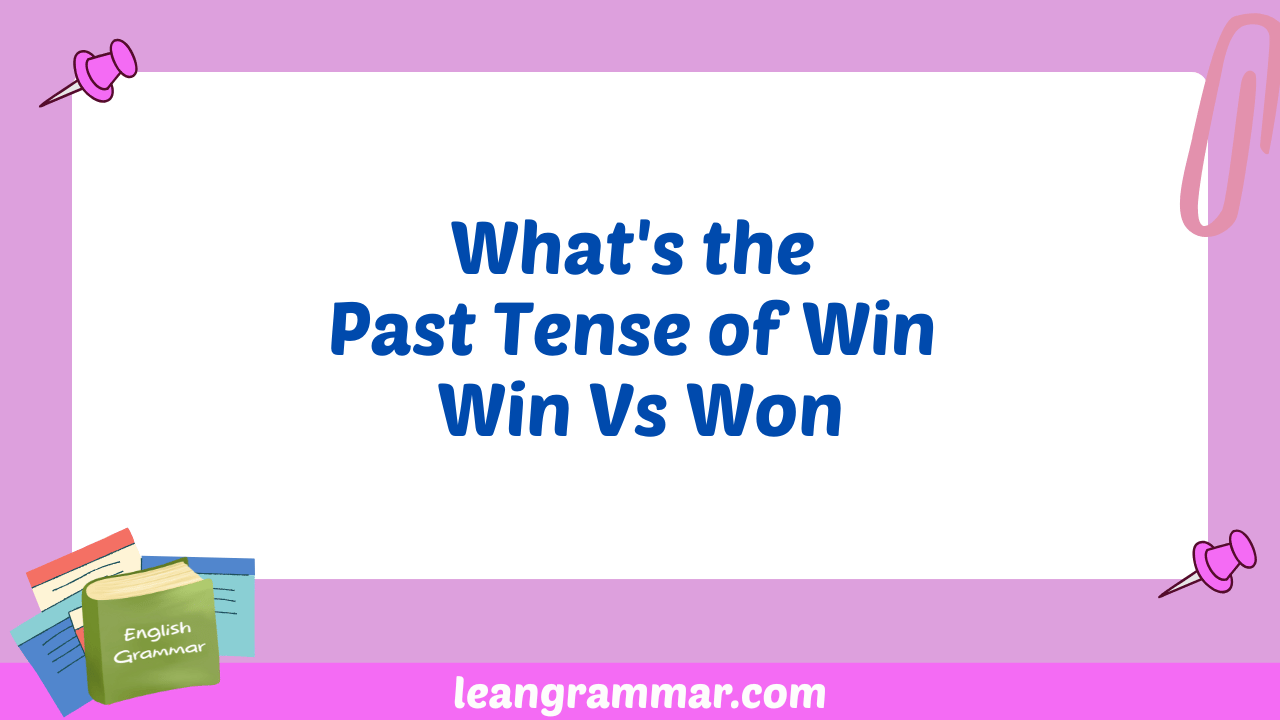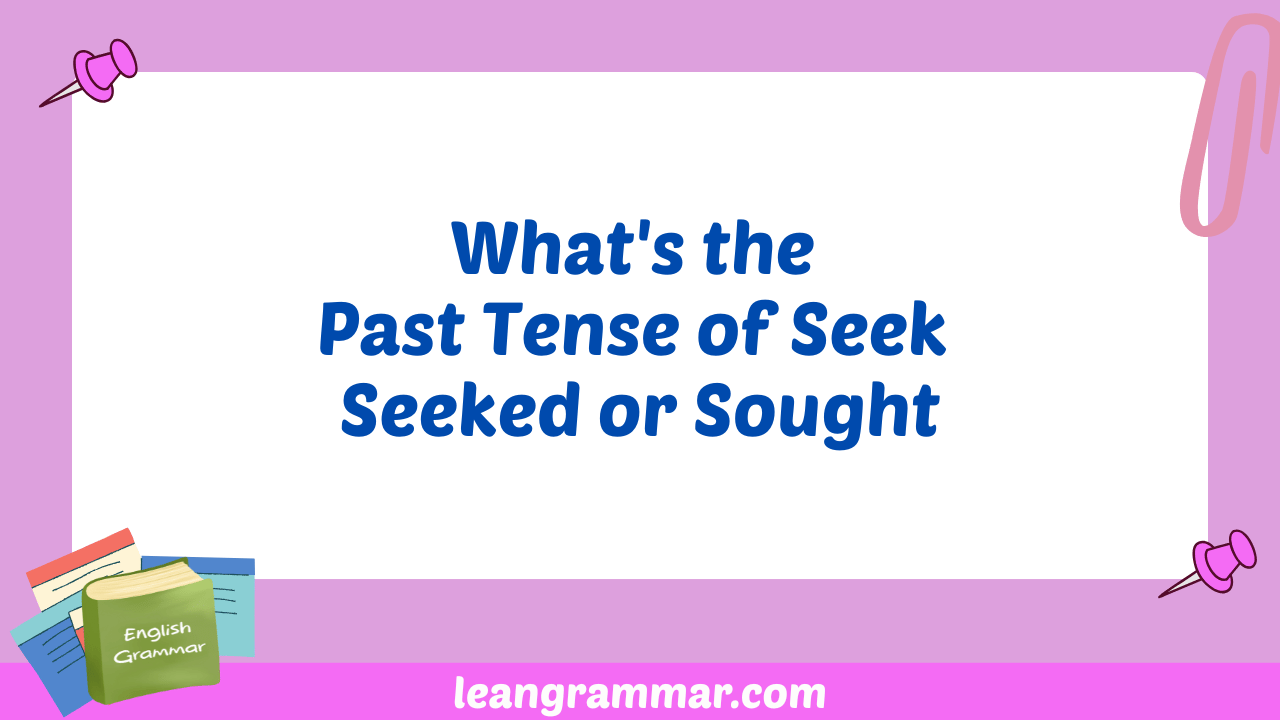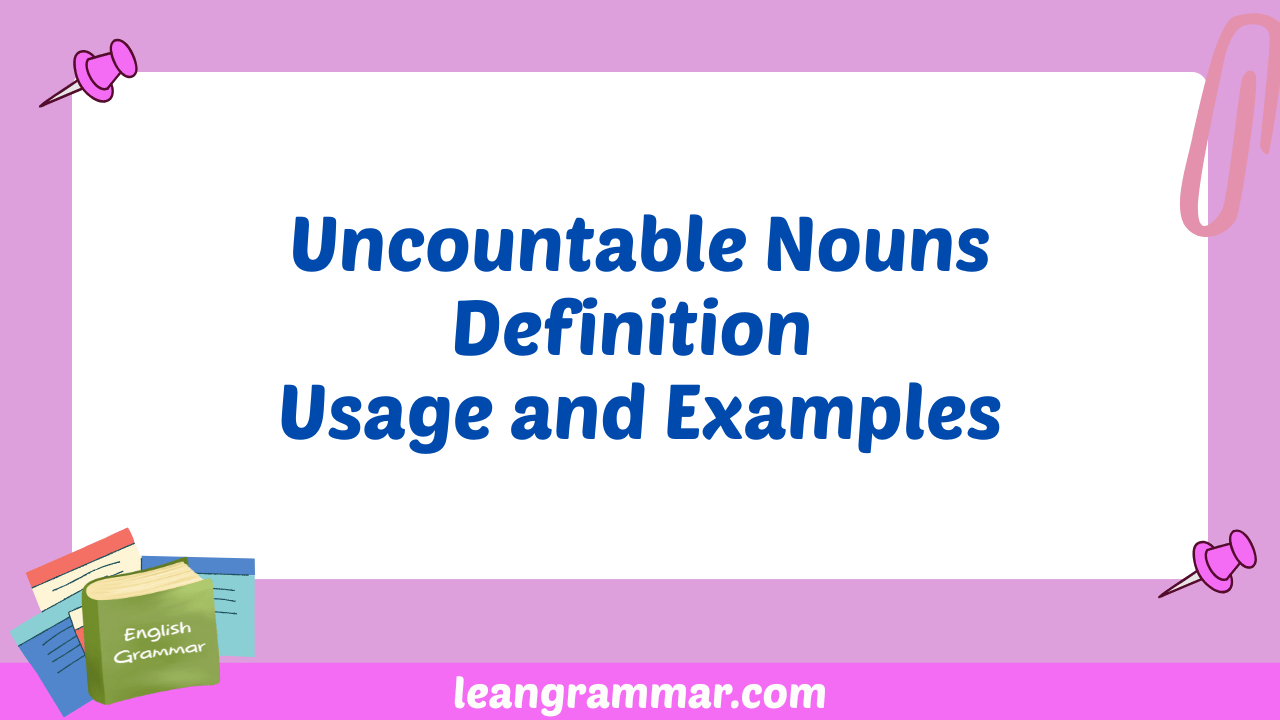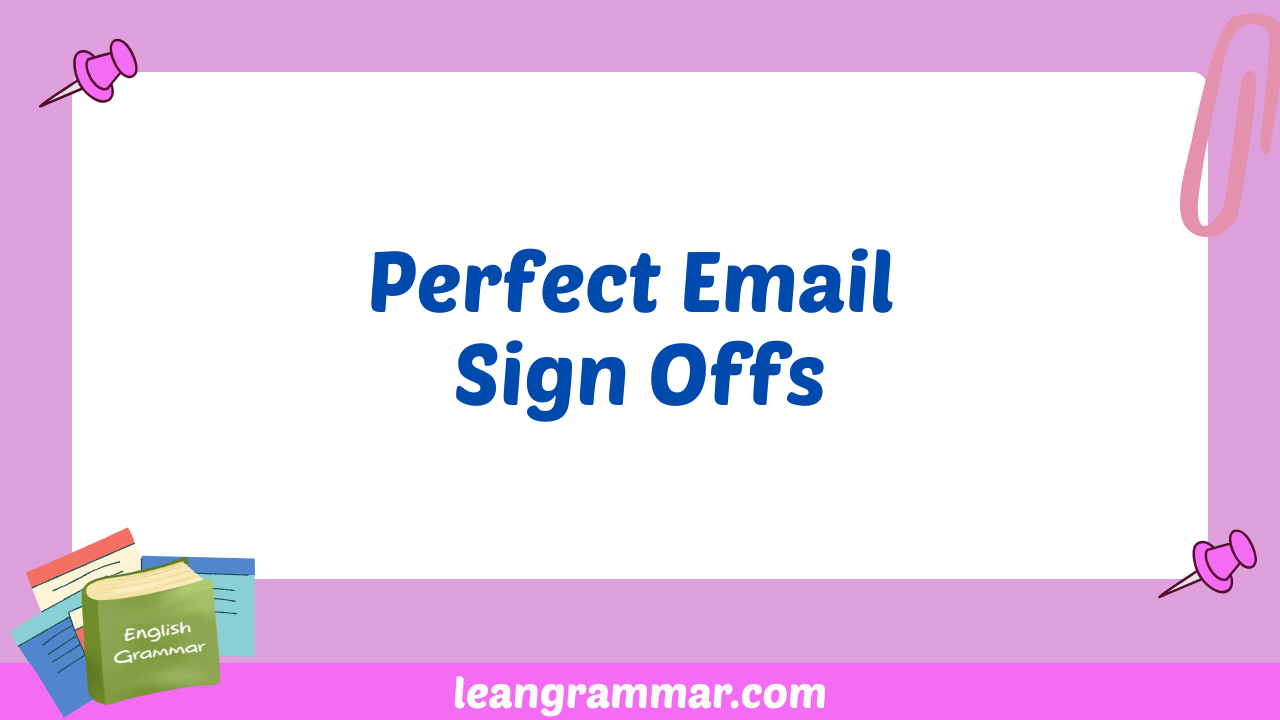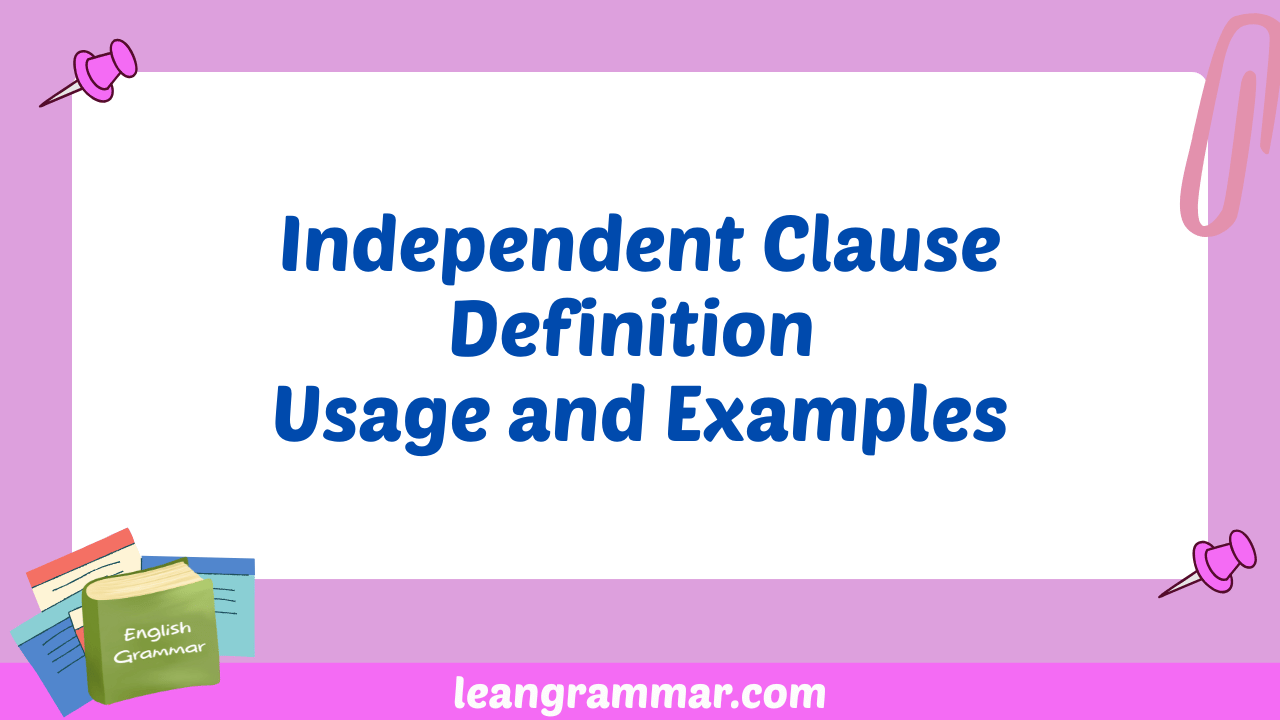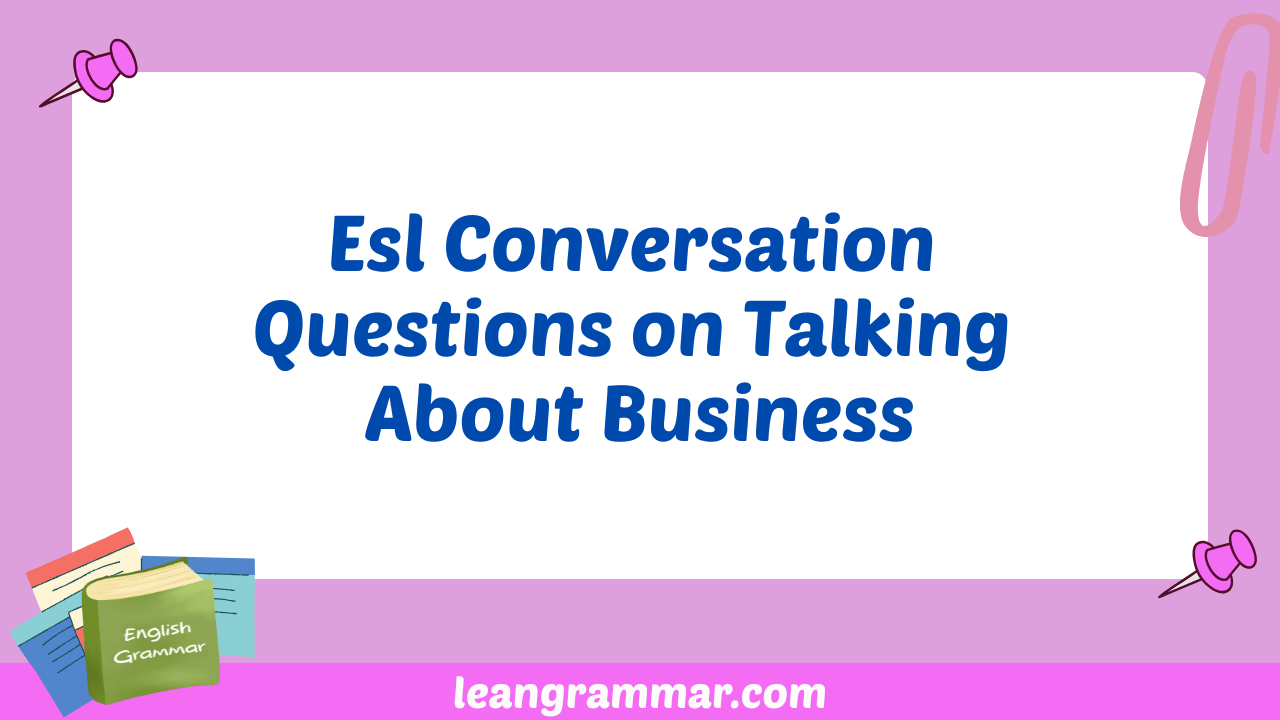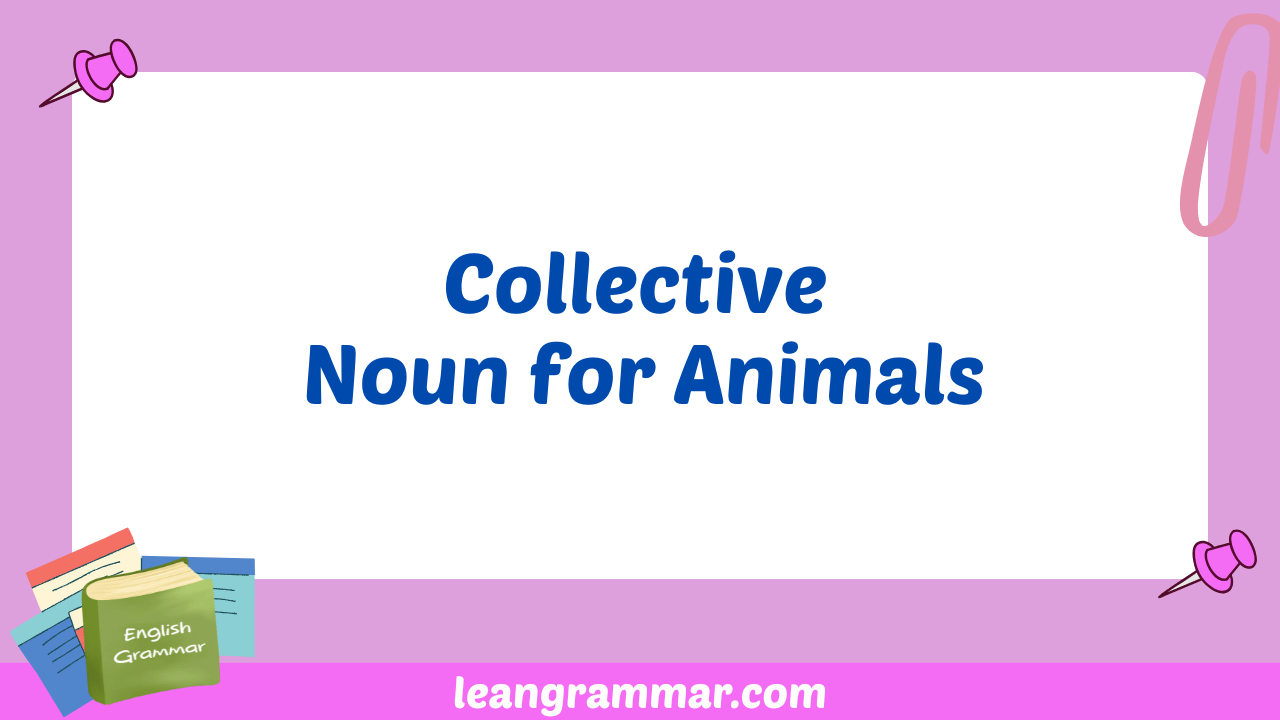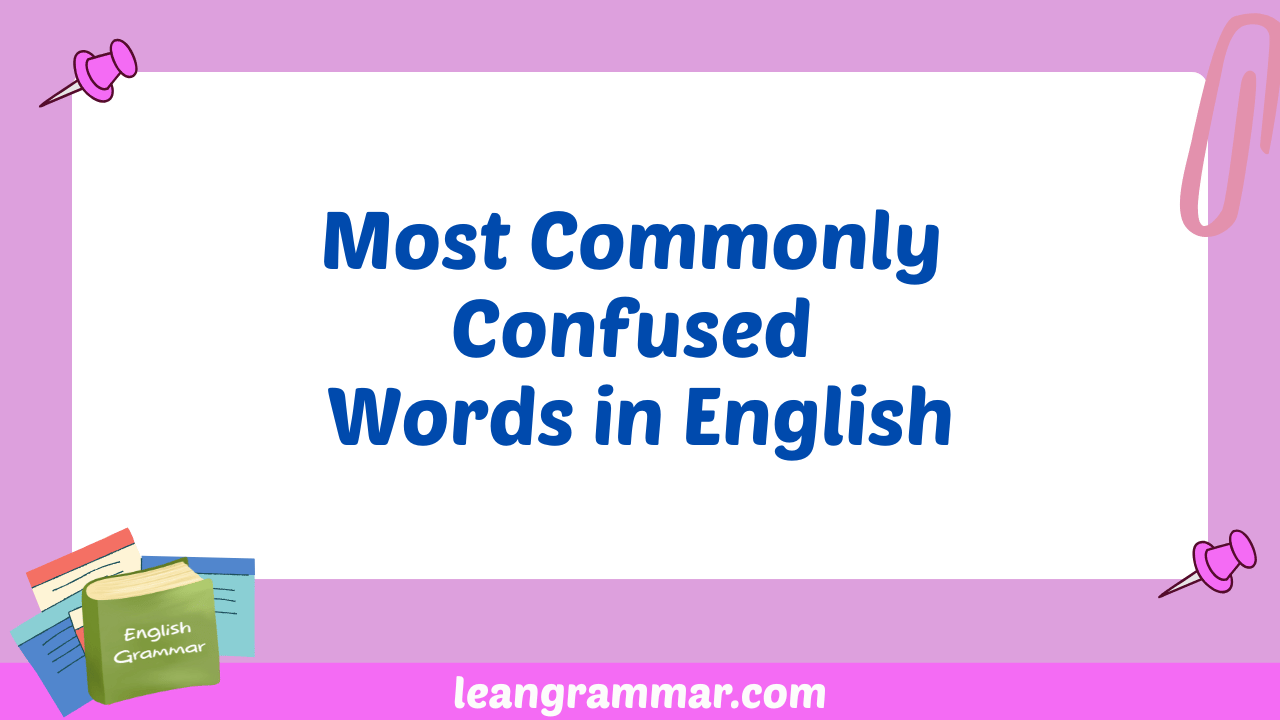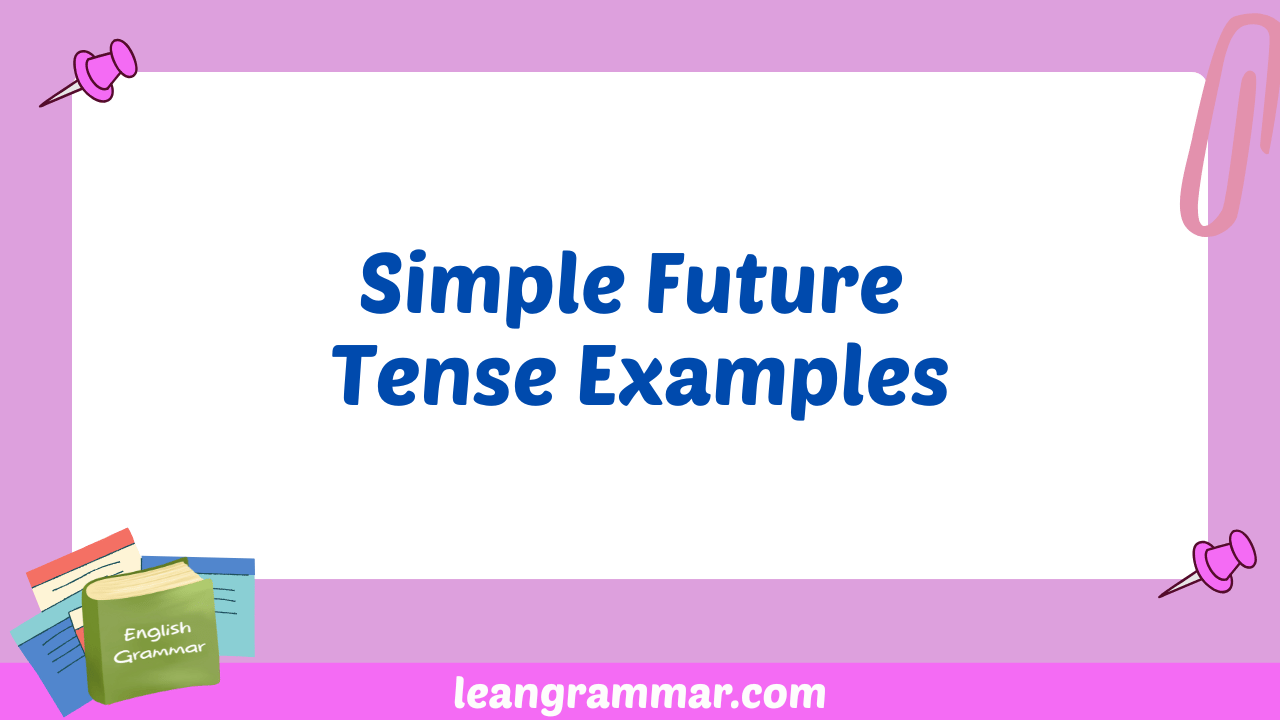Win vs. Won: Mastering the Past Tense of ‘Win’
Understanding the correct use of “win” and “won” is crucial for clear and accurate communication in English. These words represent different tenses of the same verb, and using them incorrectly can lead to confusion and misinterpretation. This article provides a comprehensive guide to the past tense of “win,” explaining its definition, usage, common mistakes, and … Read more
